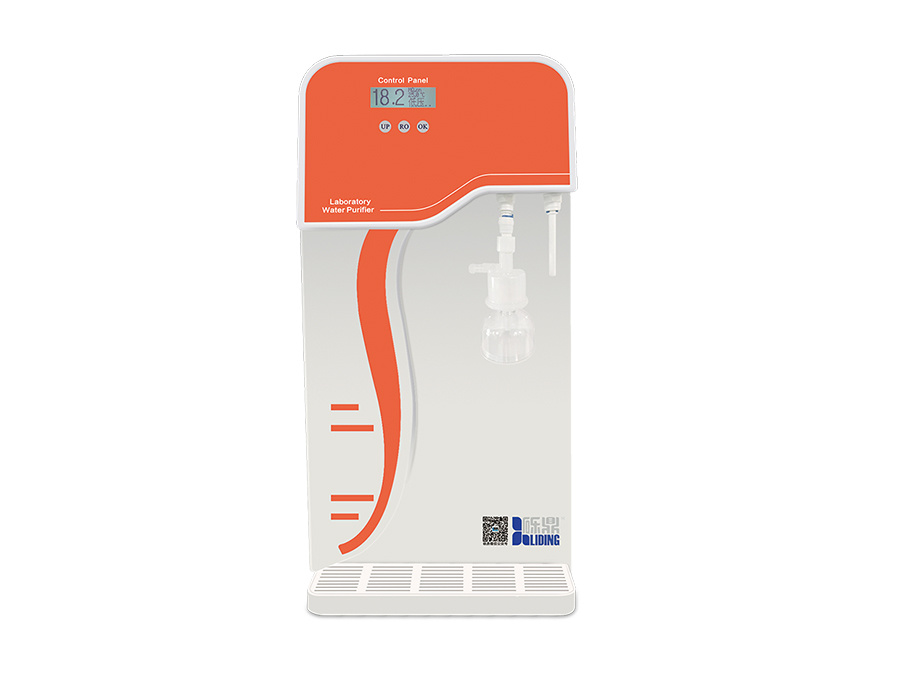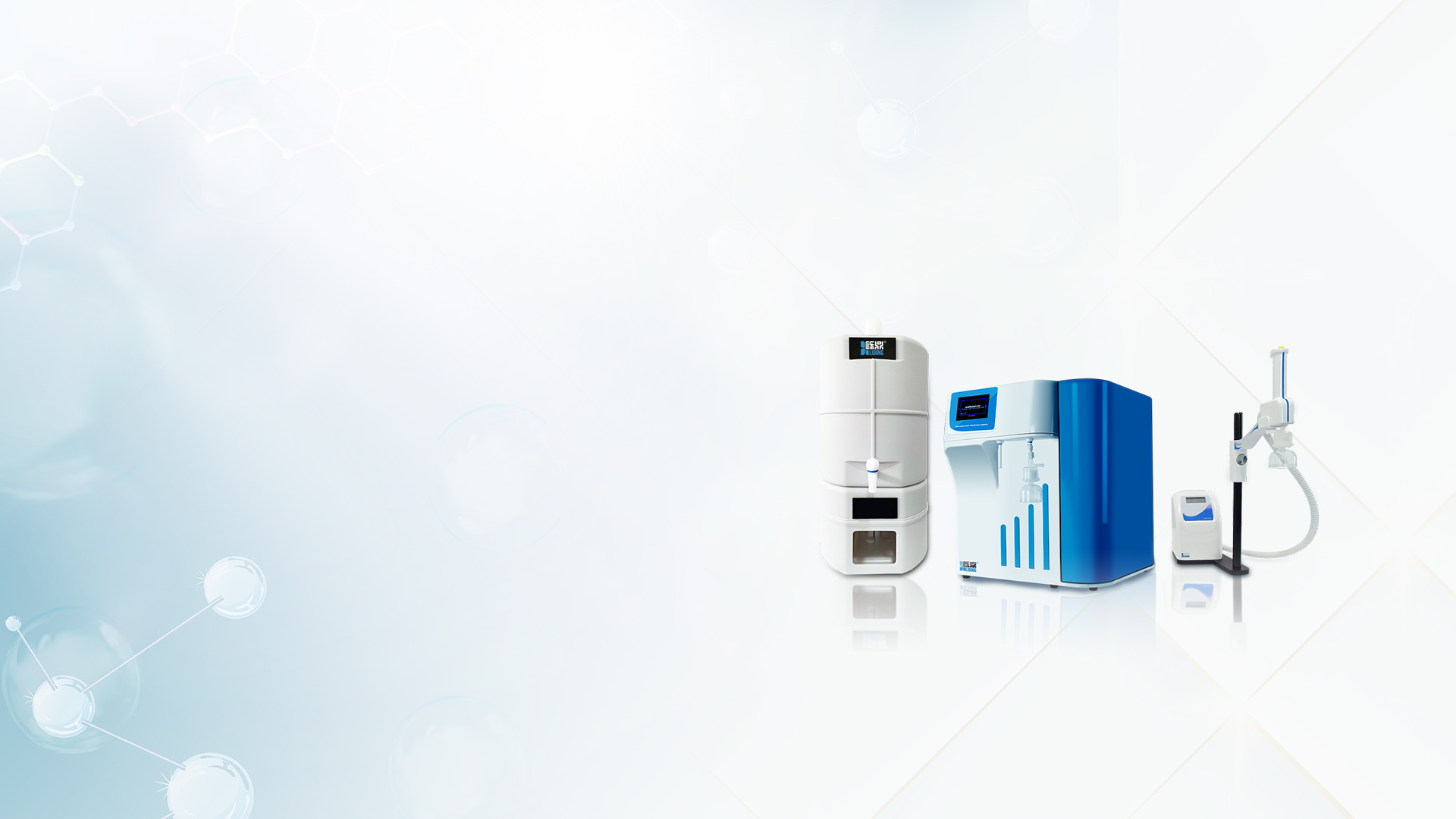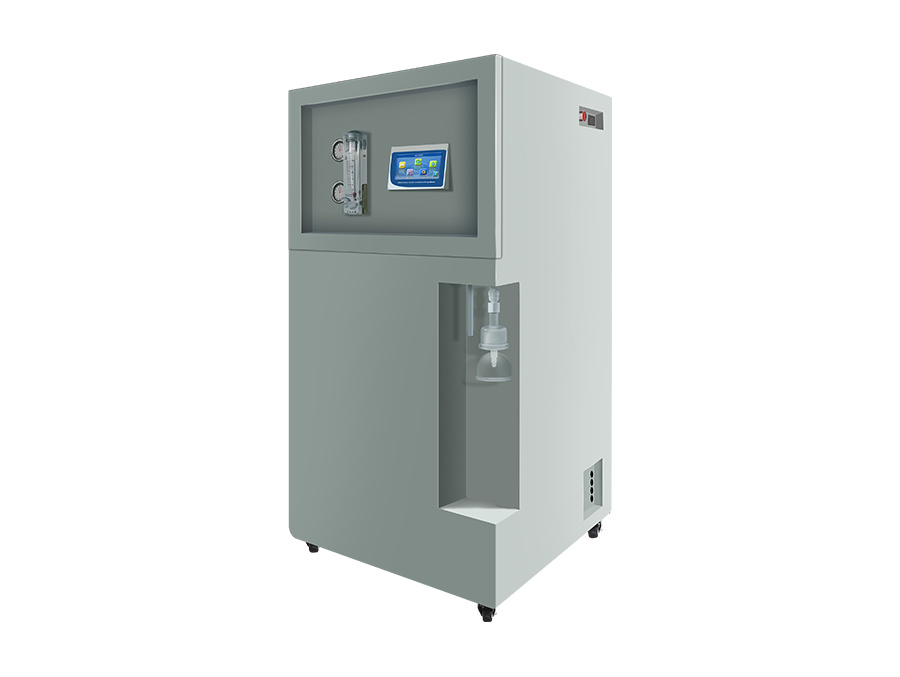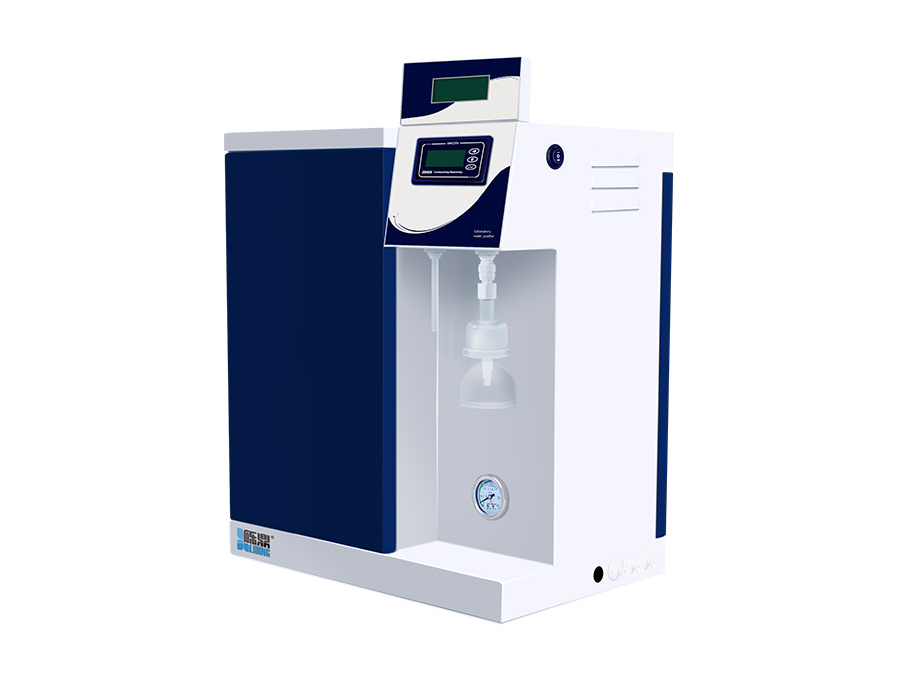Maximizing Efficiency: Best Practices for Using Laboratory Ultrapure Water Systems
Time:
Nov 22,2025
Maximizing Efficiency: Best Practices for Using Laboratory Ultrapure Water Systems
Introduction to Ultrapure Water Systems in Laboratories
In today's scientific landscape, the demand for ultrapure water has never been greater. Laboratories rely heavily on high-quality water for various applications, including analytical chemistry, microbiology, and pharmaceutical production. Ultrapure water systems are designed to remove contaminants and provide water with extremely low levels of impurities. By understanding how to maximize the efficiency of these systems, laboratories can enhance their research and operational outcomes.
Understanding Ultrapure Water: What It Is and Why It Matters
Ultrapure water (UPW) is deionized water that contains minimal dissolved solids, organic materials, and microorganisms. The purity of ultrapure water is crucial in laboratory settings, as even trace contaminants can significantly impact experimental results. Common applications of ultrapure water include:
- **Sample Preparation**: Ensuring that reagents and samples are not contaminated.
- **Cleaning**: Washing lab glassware and equipment without leaving residues.
- **Process Control**: Maintaining consistency in industrial processes.
The Role of Ultrapure Water Systems in Laboratories
Ultrapure water systems employ advanced technologies such as reverse osmosis, deionization, and UV radiation to achieve the desired purity levels. These systems are central to maintaining the integrity of scientific processes. To make the most out of your ultrapure water system, consider the following best practices.
Best Practices for Using Laboratory Ultrapure Water Systems
1. Regular Maintenance and Calibration
Routine maintenance is essential for ensuring that ultrapure water systems operate at peak efficiency. Follow these steps:
- **Scheduled Servicing**: Set up a maintenance schedule with your service provider to ensure all components, such as filters and membranes, are replaced as needed.
- **Calibration**: Regularly calibrate the system to monitor water quality and ensure it meets laboratory standards.
2. Optimize System Location and Environment
Where your ultrapure water system is located can significantly impact its performance. Consider these environmental factors:
- **Temperature Control**: Maintain a stable temperature around the system, as extreme temperatures can affect water quality.
- **Dust and Contaminant Control**: Place the system in a clean, controlled environment to minimize contamination risks.
3. Utilize Proper Techniques for Water Sampling
When taking samples of ultrapure water, it's crucial to use proper techniques to avoid contamination. Here are some key practices:
- **Use Sterile Containers**: Always use sterile, clean containers designed for sampling.
- **Minimize Exposure**: Keep containers closed as much as possible to reduce the risk of airborne contaminants.
4. Monitor Water Quality Regularly
Regular monitoring of water quality is vital for identifying potential issues before they escalate. Invest in reliable monitoring equipment to track:
- **Conductivity Levels**: High conductivity indicates the presence of dissolved ions.
- **Total Organic Carbon (TOC)**: Measure TOC to assess the organic contamination level in your water.
Why Monitoring Water Quality is Critical
Monitoring water quality not only ensures compliance with lab standards but also protects the integrity of your research and experiments. By catching problems early, you can minimize downtime and avoid costly rework.
5. Understand System Limitations and Specifications
Every ultrapure water system has specific capabilities and limitations. Familiarize yourself with:
- **Flow Rates**: Know the maximum flow rate of your system to avoid overloading.
- **Purification Capacity**: Understand the volume of ultrapure water your system can produce within a given timeframe.
Advanced Techniques for Enhancing Efficiency
6. Implement Smart Water Management Practices
Smart water management can significantly improve the efficiency of your ultrapure water system. Consider these strategies:
- **On-Demand Production**: Use systems that produce water on demand rather than in bulk to reduce storage contamination risks.
- **Recirculation**: Employ recirculation systems to maintain consistent water quality and reduce waste.
7. Train Laboratory Personnel
Well-informed personnel are key to maintaining an efficient ultrapure water system. Regular training should cover:
- **Operating Procedures**: Ensure all staff are aware of proper operational protocols.
- **Troubleshooting Steps**: Teach employees how to identify and address common issues with the system.
8. Utilize Data Analytics for Continuous Improvement
Data analytics can offer insights into system performance and areas for improvement. By analyzing usage patterns and water quality metrics, labs can:
- **Predict Maintenance Needs**: Anticipate when components will need servicing or replacement.
- **Optimize Usage**: Adjust workflows based on water consumption data to enhance efficiency.
Troubleshooting Common Issues with Ultrapure Water Systems
Identifying and Resolving Performance Issues
Despite the best practices in place, issues can arise with ultrapure water systems. Here are common problems and solutions:
- **Increased Conductivity**: This can indicate filter saturation. Check and replace filters as necessary.
- **High TOC Levels**: If TOC levels spike, inspect the UV lamp and replace it if it is not functioning correctly.
- **Unstable Flow Rates**: This may be caused by clogs or blockages; regular flushing and cleaning can alleviate this issue.
Frequently Asked Questions (FAQs)
1. What is the difference between deionized water and ultrapure water?
Deionized water has significantly reduced ion content, while ultrapure water is further purified to eliminate virtually all contaminants, including organics and microorganisms.
2. How often should I replace filters in my ultrapure water system?
Filter replacement frequency depends on usage and water quality, but a general guideline is every 6 to 12 months for optimal performance.
3. Can ultrapure water be stored, and if so, how?
While ultrapure water can be stored, it is best to use it immediately after production. If stored, use sterile containers and minimize exposure to air.
4. What are the main applications for ultrapure water in laboratories?
Ultrapure water is primarily used in analytical chemistry, microbiology, and for cleaning glassware and equipment.
5. How can I ensure the longevity of my ultrapure water system?
Regular maintenance, appropriate environmental controls, and staff training are essential for extending the life of your ultrapure water system.
Conclusion
Maximizing the efficiency of laboratory ultrapure water systems is crucial for maintaining the integrity of research and experimental outcomes. By implementing these best practices—ranging from routine maintenance to effective training and data analytics—laboratories can ensure they produce high-quality ultrapure water consistently. These practices not only support scientific accuracy but also contribute to overall operational efficiency. With a commitment to excellence and continuous improvement, laboratories can fully leverage the capabilities of their ultrapure water systems, ultimately leading to enhanced research outcomes and operational success.
RELATED NEWS








